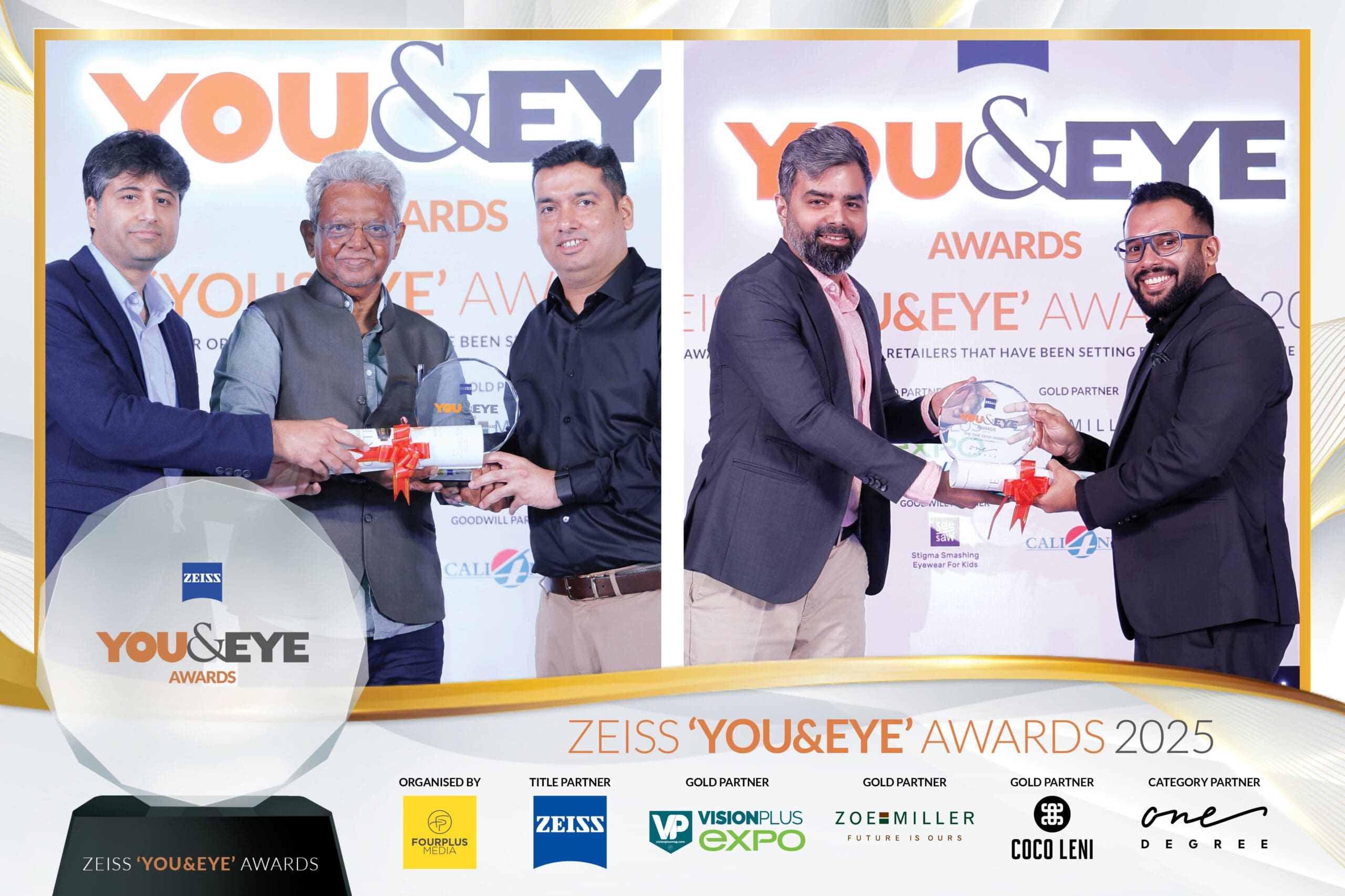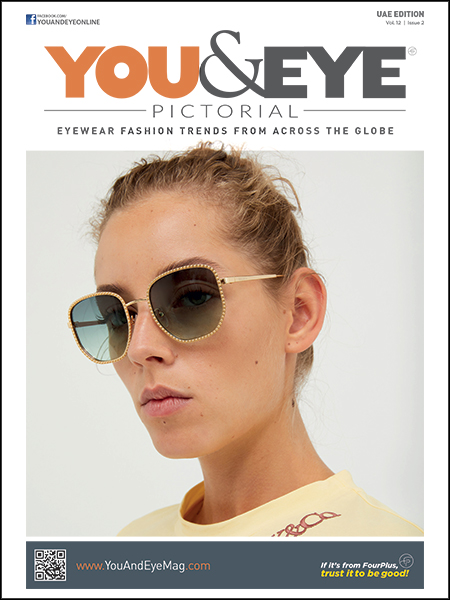As the new school year arrives, parents can help their children not to get too much or too little of a good thing. Most experts suggest applying sunscreen SPF 30 or higher to protect the skin against the sun’s harmful rays. But what about the eyes? Dipa Bhatnagar OD, Optometrist at Moorfields Eye Hospital, Dubai answers all the queries.

Can exposure to the sun damage children’s eyes?
Children’s eyes can be damaged from too much UV exposure, putting them at a greater risk of developing cataracts and macular degeneration as adults. Children’s eyes are more susceptible to retinal damage from UV rays because the lens inside a child’s eye is clearer than an adult lens, enabling more UV light to penetrate deep into the eye. UV exposure has also been associated with growths on the surface of the eyes (called ‘pingueculae’ and ‘ptergia’). Furthermore, both UVA and UVB can cause skin cancer to the eyelids and the area around the eyes.
What are the most effective ways of protecting the eyes from the sun?
For superior UV protection, sunglasses and a wide brimmed hat are recommended. The amount of UV protection sunglasses provide is unrelated to the colour and darkness of the lenses. Many store-bought sunglasses with only tinted lenses give a false sense of security as they relax the pupils, allowing more UV radiation to enter the eyes than wearing no glasses at all.
What are the most important factors when choosing sunglasses?
These are the key points to look for when choosing sunglasses – they should:
- Be rated to block 99-100% of UVA and UVB radiation. The label should indicate this. Labels that only state ‘UV Blocking’ usually do not provide enough protection.
- Have a relatively large yet close fitting frame to block peripheral light.
- Include ‘playground proof’ lenses that are impact resistant.
- Fit properly and be comfortable.
- Not be made from dangerous chemicals, such as bisphehol A or phthalates.
What happens if my child is sensitive to light?
If your child has an unusual light sensitivity, it may be a symptom of a medical condition and it would be recommended for him/her to see a paediatric ophthalmologist.
Should we avoid sunlight altogether?
While it is important to protect children’s eyes from overexposure to UV light, they should not avoid being in the sun all-together. Sun exposure is the top source of Vitamin D, which helps the body absorb calcium for stronger, healthier bones. In addition, at least minimal exposure to natural light is needed to help maintain a normal sleep-wake cycle and drive melatonin production. Research also shows that children who spend more time outdoors may reduce their risk of developing nearsightedness.
With the right combination of UV protection and sun exposure, children will be well-equipped as they go back to school this year and develop healthy habits for the future.







